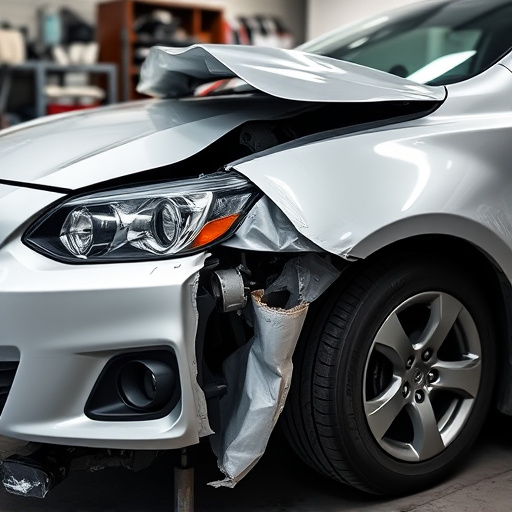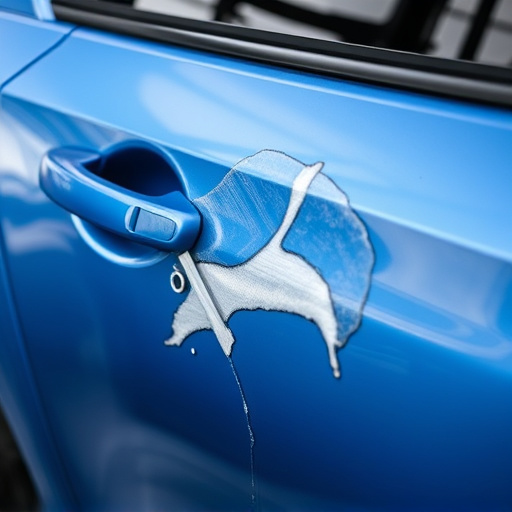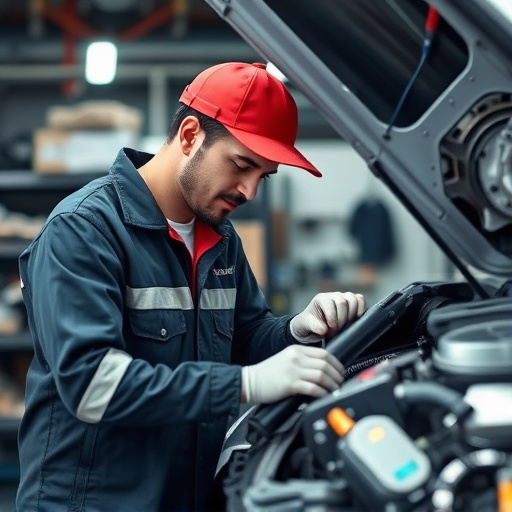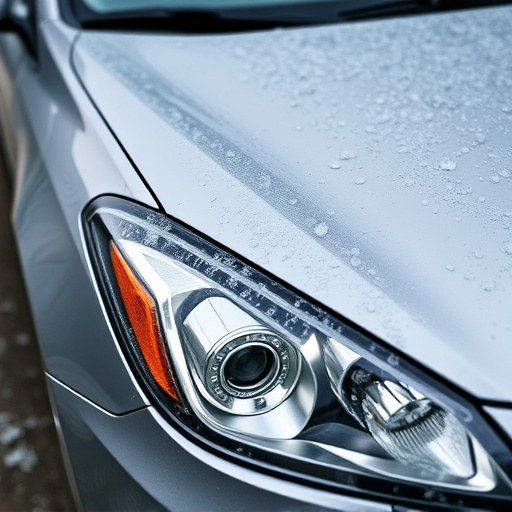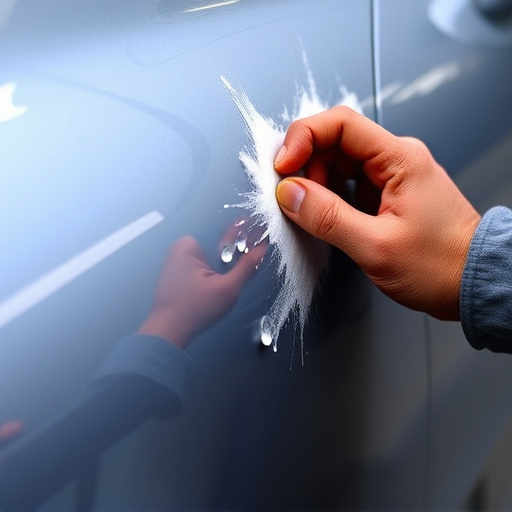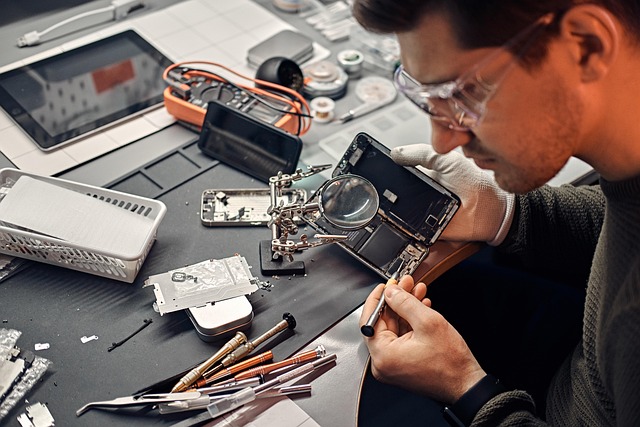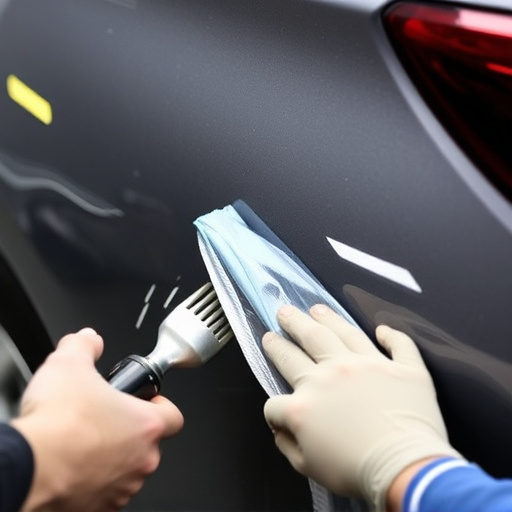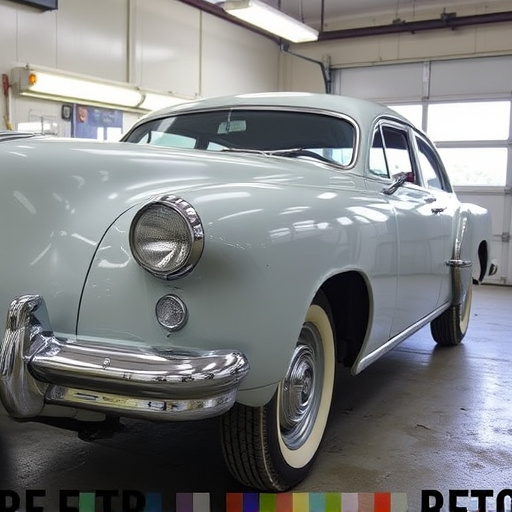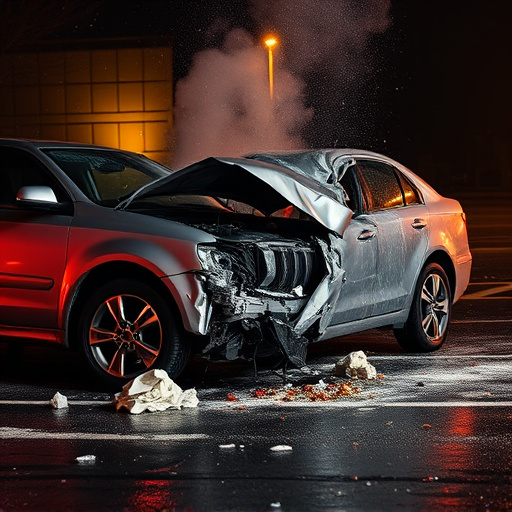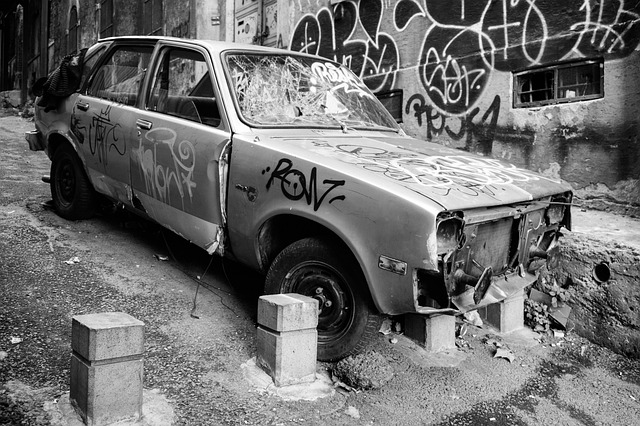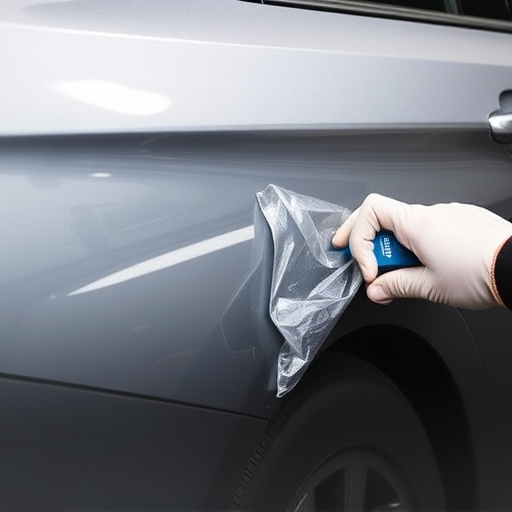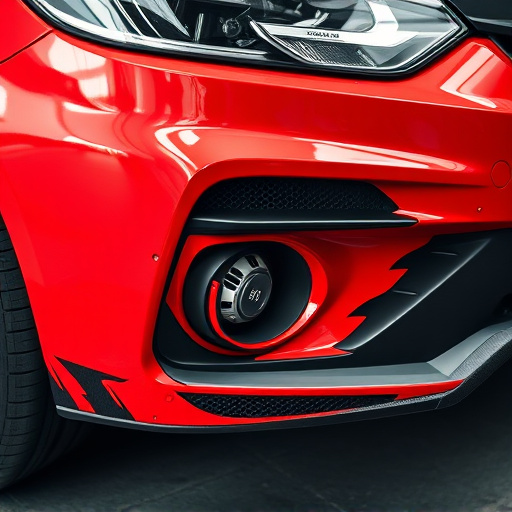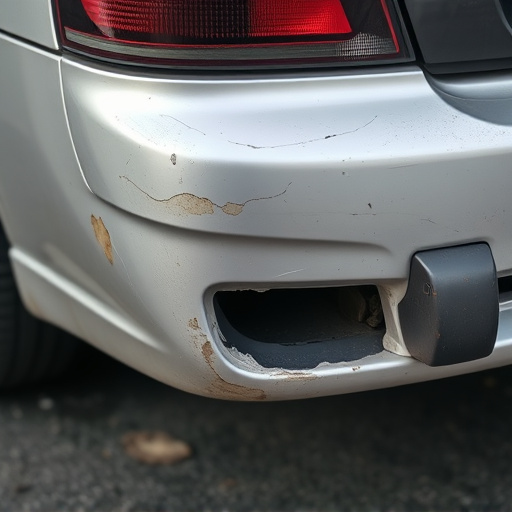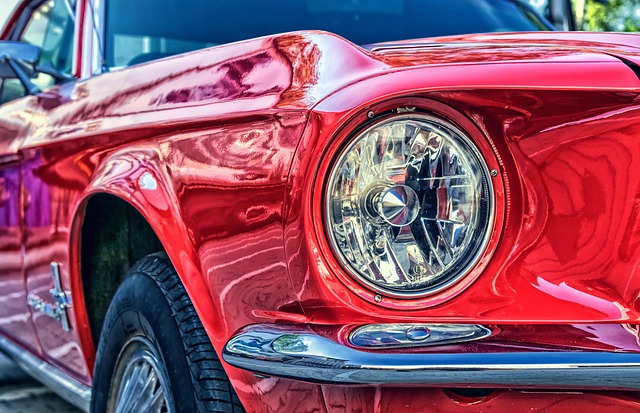After a car collision, even minor ones, don't overlook potential damage to your vehicle's air conditioning (AC) system. Signs like reduced cooling, leaks, or unusual noises indicate a need for prompt AC repair to prevent further issues. Qualified technicians inspect and replace damaged components like condensers, evaporators, and coils, ensuring optimal cooling performance. Regular maintenance, including filter changes, extends the lifespan of your AC unit, making it crucial to address collision-related damage for both comfort and system integrity.
After a car collision, your air conditioning (AC) system may not function properly. This is due to potential damage from impact, causing AC malfunctions. Understanding common issues and signs of AC damage is crucial for safe and effective repairs. In this article, we’ll guide you through the process, focusing on strategies for AC repair after a collision. By understanding the problems that can arise, you’ll be better equipped to address them promptly, ensuring your comfort and safety.
- Understanding Collision-Induced AC Malfunctions
- Common Signs of AC Damage After a Crash
- Effective Strategies for AC Repair After Collision
Understanding Collision-Induced AC Malfunctions
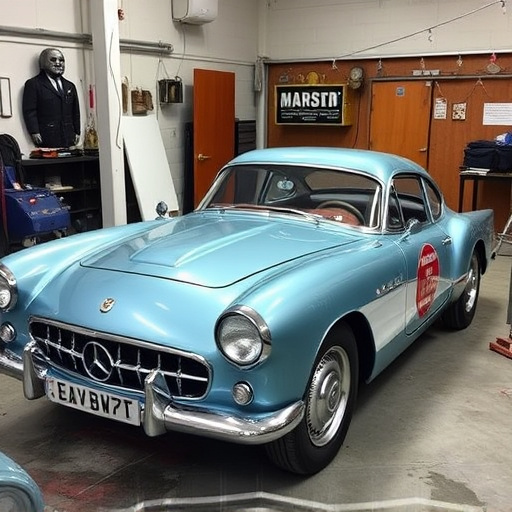
When a vehicle experiences a collision, the effects can extend beyond visible damage to the exterior. The intricate systems within your car, including the air conditioning (AC) unit, can also suffer malfunction due to the impact. Understanding how collisions can induce AC issues is crucial for anyone considering AC repair after a collision.
In many cases, the force of a collision can cause internal components of the AC system to shift or become damaged. This might result in leaks, compression issues, or malfunctioning valves. Even minor crashes can disrupt the delicate balance of these systems, leading to reduced cooling efficiency, strange noises during operation, or complete failure. Prompt attention from a qualified vehicle repair technician is essential to diagnose and address these issues effectively, often involving detailed inspections and specialized tools to ensure proper AC restoration in a vehicle body shop.
Common Signs of AC Damage After a Crash
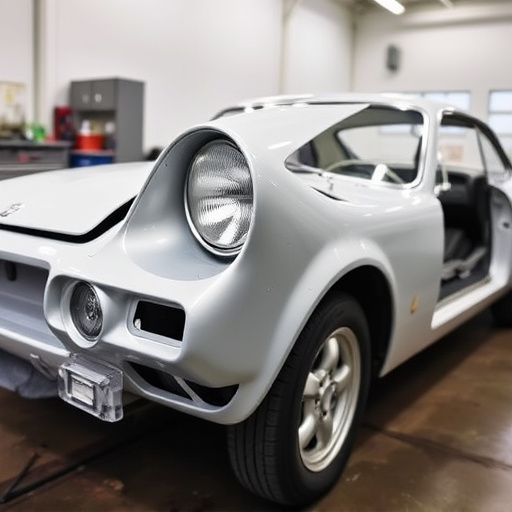
After a collision, your air conditioning (AC) system could be one of many components affected. While some car damage repairs are readily visible, AC issues often go unnoticed until they become severe. Common signs of AC damage after a crash include unusual noises coming from the vents or a noticeable decline in cooling performance. The system may also leak refrigerants, which not only impact the AC’s efficiency but also have a significant environmental impact.
Other indicators could be a bad odor emanating from the cabin, which might suggest damaged components that are now breeding grounds for bacteria and mold. Moreover, if the AC control panel shows error codes or the fan fails to turn on, these could point to underlying electrical or sensor problems caused by the collision. Regular auto maintenance can help catch these issues early, but in the event of a crash, prompt car damage repair is crucial to prevent further complications and ensure optimal auto detailing.
Effective Strategies for AC Repair After Collision
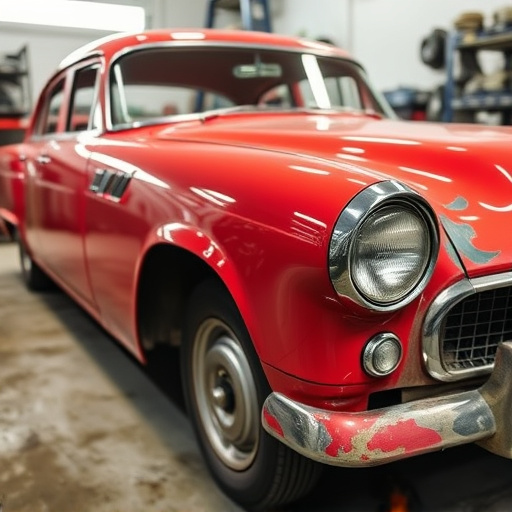
After a collision, your air conditioning (AC) system could suffer damage, leading to reduced performance or even failure. Effective AC repair after collision is essential for maintaining comfort in your vehicle. The first step is to have a professional inspection to identify any issues. Damaged components like condensers, evaporators, and coils need to be replaced to ensure optimal cooling. In the event of extensive damage, a complete AC system overhaul might be necessary, involving both hardware and software components.
Regular auto maintenance plays a crucial role in preventing future AC problems. Keeping up with scheduled servicing, including filter changes and system checks, can significantly prolong the lifespan of your AC unit. Additionally, collision repair services that focus on not just auto painting but also comprehensive component restoration can help restore your AC to pre-collision condition, ensuring you stay cool and comfortable during those hot summer days.
After a car collision, it’s crucial to address any potential AC damage. Recognizing common symptoms like unusual noises, decreased cooling performance, or odd smells is essential for prompt AC repair after a collision. Effective strategies include consulting professionals who can diagnose issues accurately and implement suitable solutions, ensuring your comfort and vehicle’s longevity. Remember, timely action on AC repair after collision can prevent more serious problems from arising.
